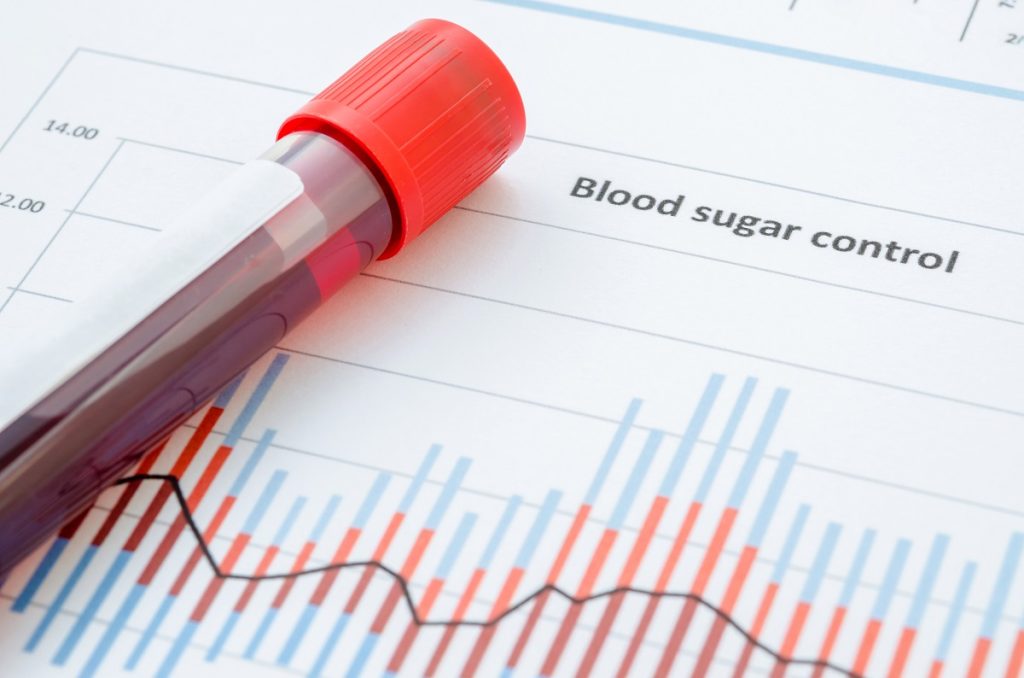- Diabetes, a disease affecting blood sugar regulation, increases the risk of gum disease and tooth decay.
- High blood sugar levels impair the body’s healing ability, affecting oral wounds and post-dental procedure recovery.
- Diabetes can increase glucose levels in saliva, promoting harmful bacteria growth and causing a diminished sense of taste.
- Good oral hygiene, regular dentist visits, and replacing missing teeth can reduce diabetes-related oral complications.
- Most importantly, managing blood sugar levels is crucial to maintaining good oral health in diabetics.
Diabetes is a disease that affects how the body processes blood sugar, leading to high blood sugar levels. While most people know the common complications of diabetes, such as nerve damage and kidney disease, few people consider its effect on oral health.
Studies show that diabetes increases the risk of oral health issues, including gum disease and tooth decay. If you or someone you know has diabetes, it is essential to understand the relationship between diabetes and oral health.
What is Diabetes?
Diabetes is when the body does not produce or properly use insulin. Insulin is a hormone that regulates blood sugar levels. Without adequate insulin, the body cannot process glucose correctly, and it accumulates in the bloodstream, causing high blood sugar levels. There are two main types of diabetes: Type 1 and Type 2.
Type 1 diabetes is when the body does not produce insulin, and people with this condition need to take daily insulin injections for survival. Type 2 diabetes is when the body does not use insulin properly or make enough of it, and it can be managed through diet and exercise.
How Does Diabetes Affect Oral Health?
Diabetes affects oral health in many ways. Here are some of those ways:

1. Risk of Gum Disease
People with diabetes are at a higher risk of developing gum disease due to an impaired immune system. High blood sugar levels can also cause inflammation in the gums, making it easier for bacteria to build up and lead to periodontal disease. Poorly managed diabetes can exacerbate this issue, leading to more severe cases of gum disease.
2. Slow Healing
High blood sugar levels also impact the body’s ability to heal. This includes healing oral wounds caused by gum disease, tooth extractions, or other oral surgeries. Slow healing can result in the development of infections, which can be more challenging to treat in people with diabetes.
3. Increased Risk of Cavities
Some people with diabetes have more glucose in their saliva, which promotes the growth of harmful bacteria in the mouth. These bacteria can cause tooth decay, and people with diabetes may develop more cavities than those without the disease. Additionally, dry mouth is commonly experienced by people with diabetes, which can increase the risk of tooth decay and gum disease.
4. Difficulty in Tasting Food
One lesser-known complication of diabetes is a change in the way you taste food. People with diabetes can sometimes experience a diminished sense of taste, making it harder to detect certain flavors. This can lead to an increase in sugar or salt intake, which can further damage oral health. Additionally, a dry mouth can make it difficult to enjoy food, as saliva is necessary to taste correctly.
5. Increases Recovery Time for Dental Procedures
High blood sugar levels can lead to an increased risk of complications after dental procedures. Antibiotics are commonly used to prevent infections, and people with diabetes may need a longer course of antibiotics due to challenges in fighting off infections.
Preventing This Damage
Thankfully, there are ways to reduce the risk of oral health complications due to diabetes. Here are four of those ways:

Replace Missing Teeth
Diabetics with missing teeth are more prone to tooth decay and gum disease than those with all their teeth. This is because bacteria and viruses can leave within these gaps. This is why it is essential to replace missing teeth as soon as possible by getting dental implants. These implants are made of titanium and fused to the jawbone, which creates a strong foundation for replacement teeth.
Maintain Good Oral Hygiene Habits
Good oral hygiene is essential for everyone but vital for people with diabetes. People with diabetes should brush their teeth twice daily and floss once daily to remove bacteria and food particles between their teeth. Additionally, it is essential to use fluoride-containing toothpaste and mouthwash to strengthen the enamel and prevent cavities.
Visit the Dentist Regularly
People with diabetes should see their dentist regularly for checkups and preventive care. During these visits, the dentist can identify any issues causing oral health problems. Additionally, the dentist can recognize any signs of gum disease or other oral health issues and provide timely treatment.
Manage Blood Sugar Levels
The most important thing people with diabetes can do for their oral health is to manage their blood sugar levels. People should aim to maintain healthy eating habits, get regular exercise, and take medications as prescribed by a doctor to keep their blood sugar levels in a normal range.
By keeping these tips in mind, people with diabetes can help reduce the risk of oral health complications and maintain good health. Taking care of your teeth is vital in managing diabetes and living a healthy life. Additionally, it is essential to communicate regularly with your doctor about any oral health issues that arise so they can be addressed quickly and effectively. Doing this will ensure that your oral health stays in good shape and you can live a full life.

